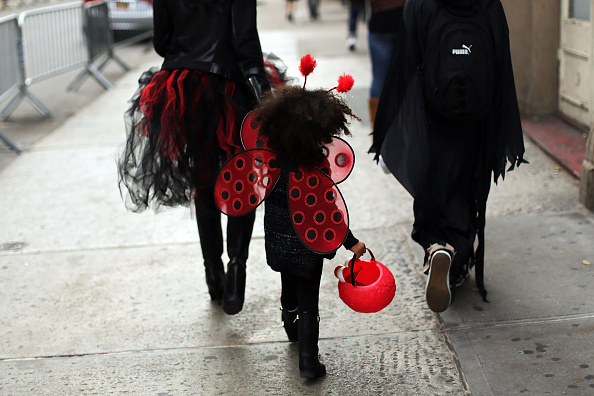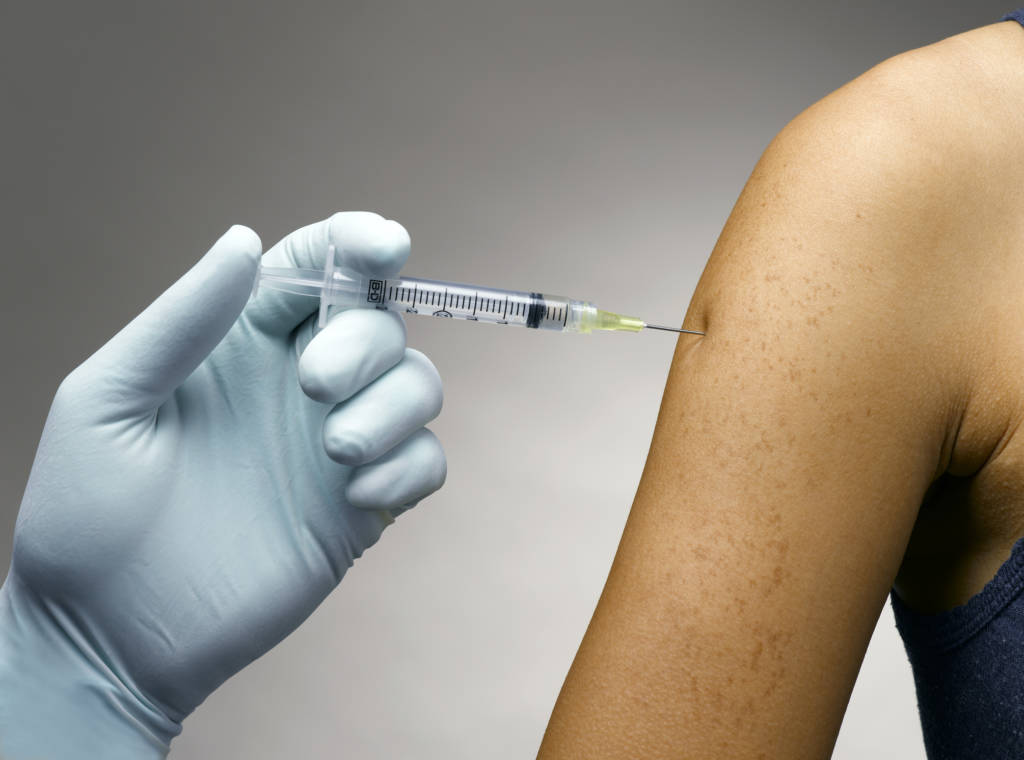“Particularly for front-line and essential workers, among whom Hispanics are overrepresented, COVID-19 is an occupational disease that spreads at work,” she said in a university news release. “Hispanics were on the front lines, and they bore a disproportionate cost.”
Knowing that there’s a connection between essential work and a higher rate of COVID-19 deaths should prompt improved workplace protections, said study co-author D. Phuong Do, an associate professor of public health policy and administration at the University of Wisconsin-Milwaukee.
“If we know the source of the spread, then we can tackle it head on,” Do said in the release. “This finding is applicable to any disease that is highly infectious. We can’t stop the economy — we’ve learned that. There has to be a way to protect the workers and enforce protection.”
The researchers said the findings challenge suggestions that disproportionately high COVID-19 death rates among Hispanics and other minorities are driven by preexisting health conditions and/or lower quality health care.
“There’s this impulse when we’re trying to understand racial health disparities — even new ones like COVID that appeared very quickly — to obscure the role of structural factors, which includes work environments,” Frank said.
“This evidence can hopefully set the record straight about why the Hispanic community, along with other groups overrepresented among front-line workers, took such a heavy hit from this pandemic — that it was because they were doing their jobs, and putting themselves on the line,” she said.
More information
The U.S. Centers for Disease Control and Prevention has more on COVID-19 racial/ethnic disparities.




